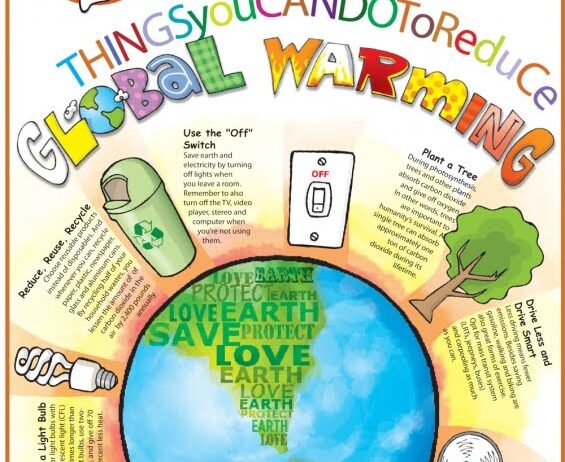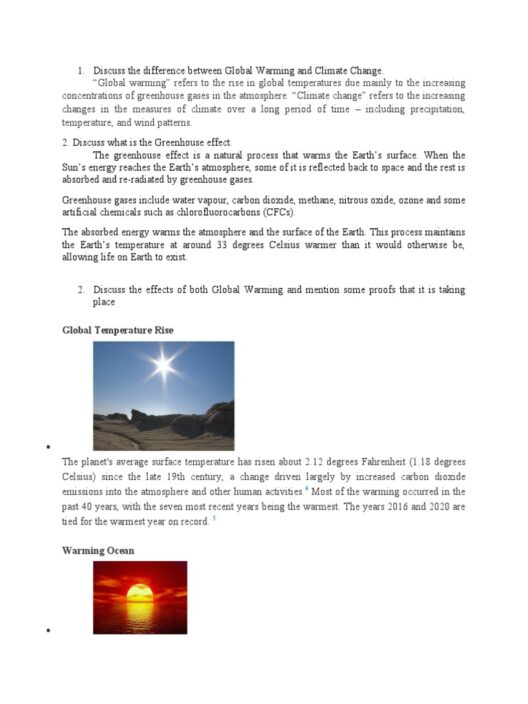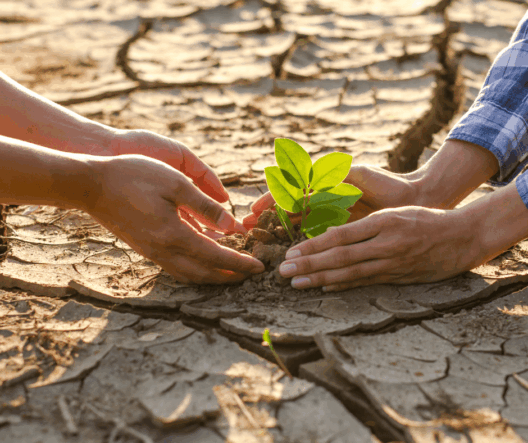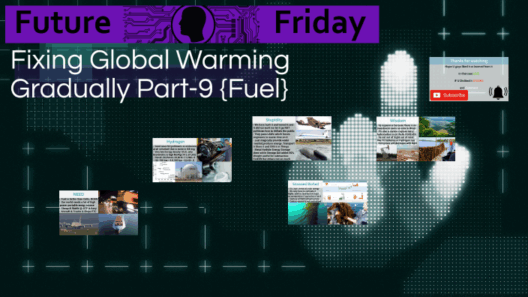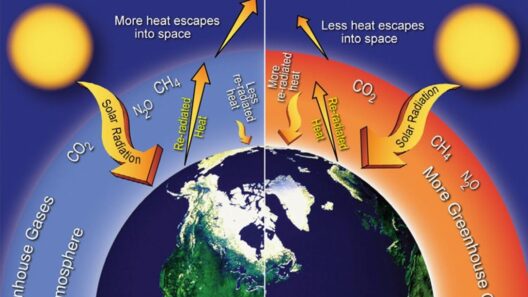The world is at a critical juncture, standing on the precipice of profound ecological transformation. Global warming, a consequence of anthropogenic activities, threatens the very fabric of our existence. As carbon dioxide levels plummet into the stratosphere, we must ask ourselves: What can we do collectively to counteract this dire situation? The answer resides in global efforts and transformative strategies to tackle the climate crisis.
Central to the conversation on combatting global warming is the imperative for a paradigm shift in how we perceive and interact with our environment. Clearly, the time for complacency has passed. Instead, we must embrace innovation, collaboration, and sustainability to weave a resilient tapestry in the face of environmental challenges.
One of the most pivotal areas requiring attention is the transition to renewable energy sources. Fossil fuels, once deemed the backbone of industrial development, now amplify the climate crisis. By investing in solar, wind, hydroelectric, and geothermal energy, nations can dramatically lower greenhouse gas emissions. On an individual level, adopting solar panels in residential and commercial sectors can lead to a significant decrease in reliance on carbon-intensive energy sources. As cities across the globe leverage technological advancements, they can evolve into beacons of energy efficiency and sustainability.
Equally essential is the promotion of energy efficiency. This involves not just switching energy sources, but also utilizing the energy we have in a judicious manner. Buildings equipped with energy-efficient appliances, proper insulation, and smart technologies can drastically decrease energy consumption. Governments and organizations must incentivize these upgrades through grants or tax breaks, effectively shifting the societal mindset towards reduced waste and maximized utility. Through these means, the journey towards sustainable low-carbon economies becomes a tangible goal rather than an abstract ideal.
However, implementing renewable energy solutions and energy-efficient technologies is merely the tip of the iceberg. A concerted global effort must encompass substantial changes in transportation systems. The dominance of gasoline and diesel vehicles has contributed tremendously to greenhouse gas emissions. Thus, bolstering public transport networks and fostering electric vehicle infrastructure are imperative steps. Countries should implement robust policies that promote public transportation and pedestrian-friendly cities. When citizens are provided with viable alternatives, they are less inclined to depend on carbon-heavy transportation, leading to a profound reduction in emissions.
Moreover, agriculture plays an integral role in the ecological balance. The agrarian sector warrants reevaluation as it is not only a contributor to greenhouse gas emissions but also a sector that can offer viable solutions. Regenerative farming practices, including crop rotation, cover cropping, and reduced tillage, can sequester carbon in the soil while enhancing biodiversity. This transformation in agriculture extends into the realm of dietary choices as well. A plant-based diet requires significantly fewer resources and emits fewer greenhouse gases when compared to a meat-heavy diet. By encouraging dietary shifts towards more sustainable options, we can collectively mitigate environmental impacts.
Education and awareness are cornerstones of effective climate action. The propagation of knowledge regarding sustainability practices should be ingrained in educational curricula. By nurturing a generation that understands the urgency of the climate crisis, we can empower young minds to innovate and advocate for environmental stewardship. Moreover, awareness campaigns targeting communities can catalyze grassroots movements, urging citizens to engage in eco-friendly behaviors such as recycling and conservation. As societal norms shift, collective action becomes a possibility.
International cooperation is paramount in this battle against global warming. Climate change knows no borders, and thus, collaboration across nations is essential. Global agreements, such as the Paris Agreement, are instrumental frameworks that galvanize a united front in the face of climate adversity. Countries must hold themselves accountable to international commitments while fostering transparent communication regarding their progress. By sharing best practices and investing in climate-friendly technologies in developing regions, richer nations can help facilitate a global shift toward sustainability.
The financial sector also plays a critical role in funding climate solutions. Investment in green technologies and industries should be prioritized over fossil fuels. Financial institutions can influence the market by diverting funding away from carbon-intensive industries and toward projects with a sustainable future. Governments must establish favorable policies to encourage investments in clean technologies, facilitating a more sustainable and economically viable transition.
Moreover, preserving and restoring our natural ecosystems should be at the forefront of the climate action agenda. Forests, wetlands, and oceans are not only vital carbon sinks; they also provide crucial resources and services that sustain human life. Efforts must be made to combat deforestation and ocean degradation while promoting biodiversity. Local communities can become custodians of their natural environments through programs that recognize and uphold their rights while ensuring sustainable land-use practices.
To conclude, the fight against global warming is not one that can be undertaken by nations or individuals in isolation. It demands a cooperative and integrative approach that encompasses renewable energy, sustainable agriculture, conservation, education, and international cooperation. By reimagining our relationship with the environment, we have the potential to catalyze a paradigm shift that protects the planet for future generations. The stakes are high, but the time to act is now. The journey towards a more sustainable future begins with curiosity, innovation, and a collective commitment to change.


